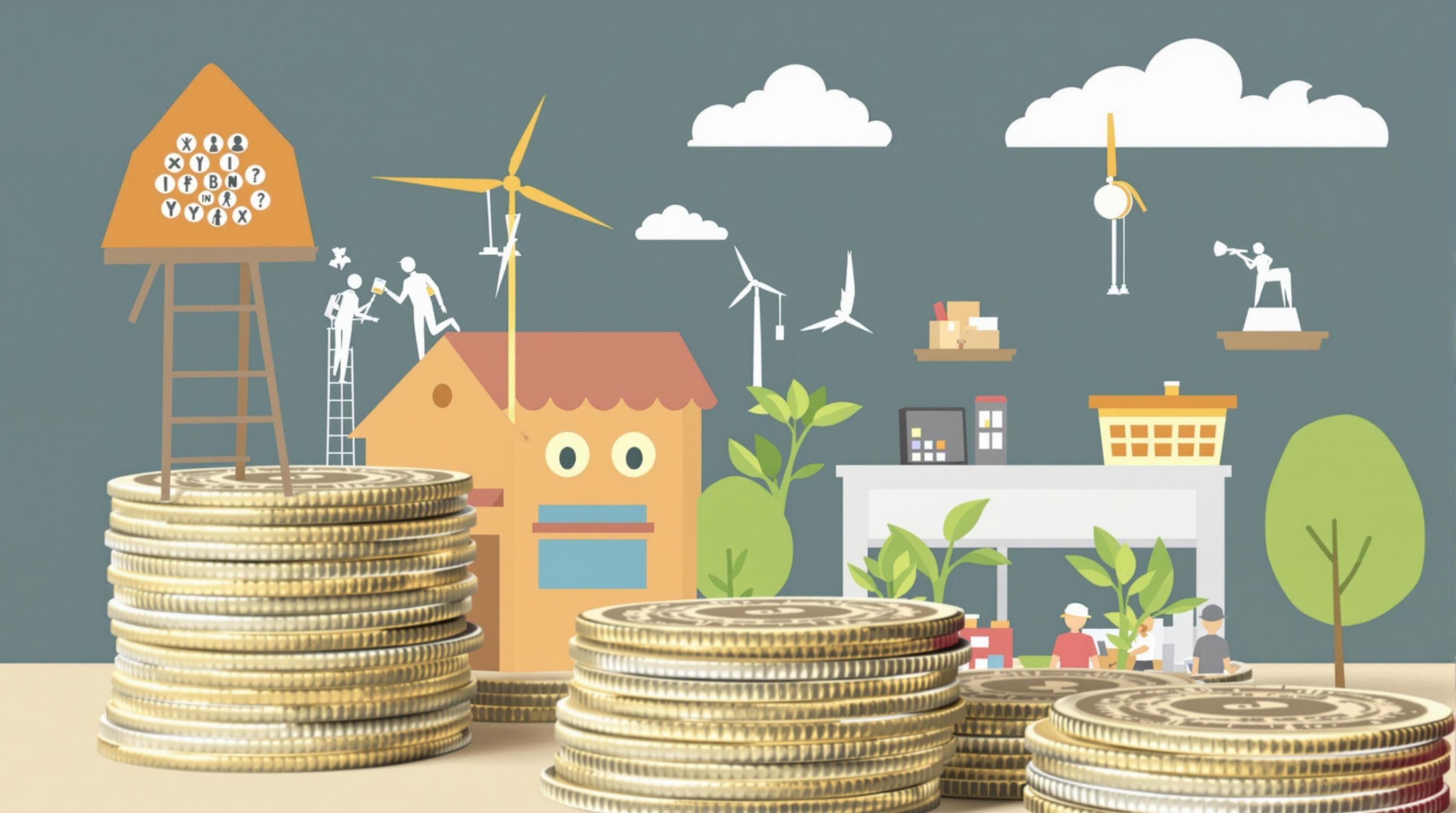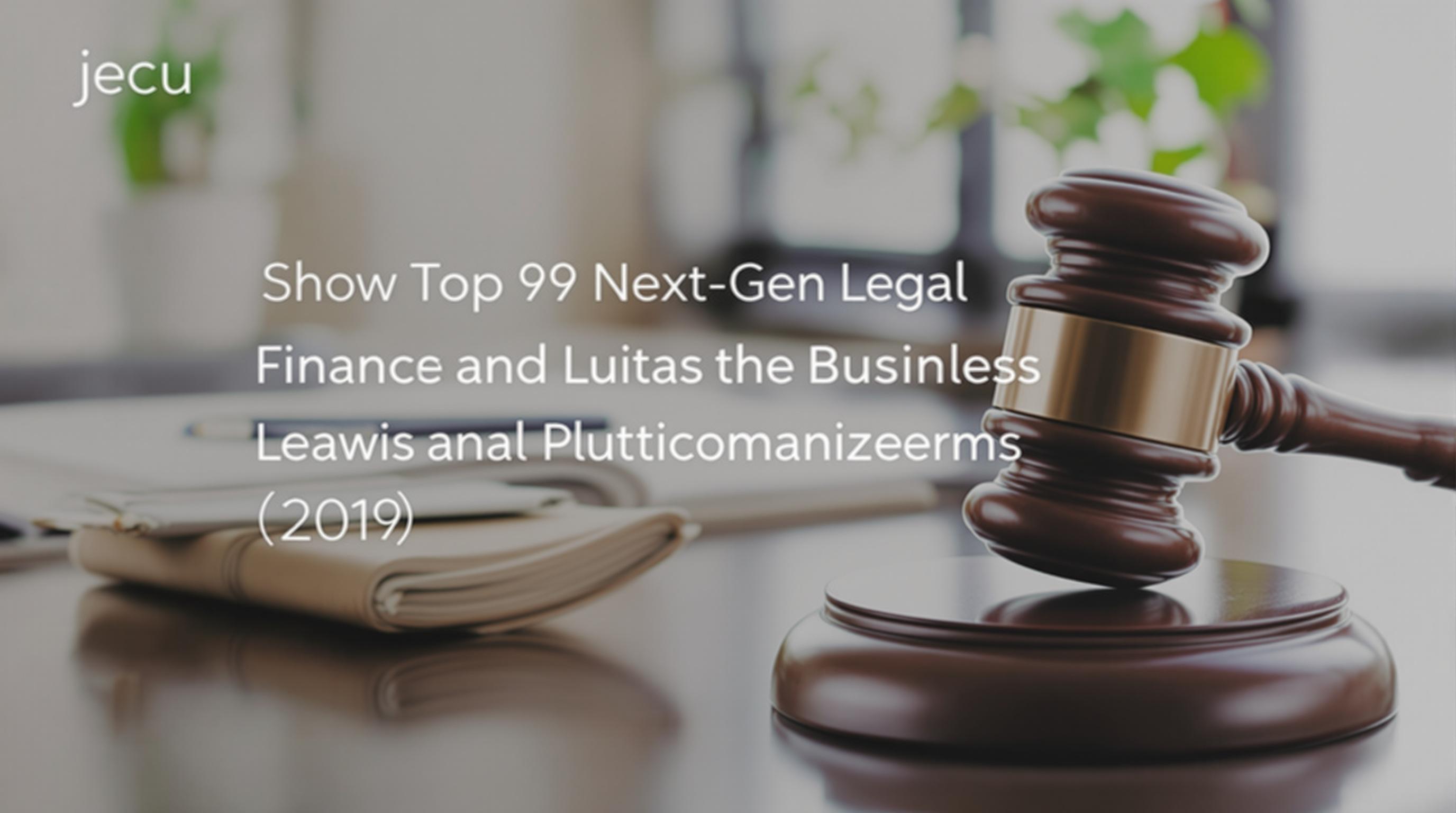Related Articles
- Unraveling the Silent Influence of Biometric Data on European Privacy Safeguards and Compliance Challenges
- Top 6 Game-Changing Franchise Analytics Platforms Launched Since 2019 for Strategic Brand Expansion
- Hidden Pitfalls in Using NDA Templates for Cross-Cultural Tech Collaborations: Lessons from Unexpected Legal Quagmires
- Top 6 Emerging AI-Powered Negotiation Tools Transforming Product Partnership Deals Since 2019
- Top 6 Under-the-Radar Business Licensing Tools Released Since 2019 That Outsmart Traditional Systems
- How Emerging Environmental Regulations Are Secretly Reshaping Small Business Structures in Unexpected Ways
How Emerging Environmental Regulations Are Secretly Reshaping Small Business Structures in Unexpected Ways
How Emerging Environmental Regulations Are Secretly Reshaping Small Business Structures in Unexpected Ways
Emerging environmental regulations are quietly transforming small businesses in ways few anticipate, from restructuring operations to reshaping market opportunities. This article explores those changes through a blend of tones and styles, presenting clear insights, surprising statistics, and real-world examples aimed at readers eager to understand this subtle revolution.
When Rules Turn into Opportunities: A Case Study from Portland
Take the example of GreenSprout, a local organic café in Portland, Oregon, which faced new waste disposal regulations in 2023. Instead of viewing these rules as a regulatory burden, the owner transformed the business by adopting a zero-waste model and creating partnerships with local composting services, increasing community engagement and profit margins simultaneously. According to recent city data, businesses adopting similar eco-innovations saw a 15% upward trend in customer loyalty within their first year of compliance.
Environmental Compliance: More Than Just a Pain in the Neck
From where I sit, a 43-year-old environmental consultant with a penchant for storytelling, it’s clear that while many small business owners initially groan at new regulations, these legislative changes often act as hidden catalysts for innovation. It’s as if the rules nudge companies out of comfortable complacency into uncharted but fruitful waters.
Humor in Bureaucracy: The “Green Tape” Dilemma
Imagine a small printing business owner grumbling, “Great, now I have to recycle paper AND my coffee grounds? What’s next—composting my printer ink?” While the joke underscores frustration, it also highlights how such demands, though initially absurd-seeming, prepare businesses for a more sustainable future. The humor here masks a serious shift: environmental compliance is reframing operational mindsets.
The Hidden Structural Ripple Effect
Studies reveal that 65% of small businesses have altered their internal structures in response to tightening environmental policies, often restructuring teams and responsibilities to include sustainability experts or compliance officers. This shift is especially prominent in sectors like manufacturing and retail, transforming not only compliance but also corporate culture.
Conversational Insight: Chatting with a Bakery Owner
Last month, I met Julia, the owner of a small bakery in Asheville, who casually mentioned how new packaging laws required her to rethink her supply chain. “I had to find biodegradable bags within weeks!” she exclaimed, “It was a hassle, but now customers love the eco-friendly vibe—it feels like we’ve become part of a bigger mission.” This spontaneous chat mirrored countless stories of adaptation and unexpected benefits.
Dissecting the Numbers: Why Your Small Business Should Care
According to the Environmental Protection Agency (EPA), regulations targeting emissions and waste management have reduced 20 million tons of waste annually since 2019, with small enterprises playing a crucial role. Ignoring these trends isn’t just risky ethically but economically, as governments increasingly tie incentives and subsidies to compliance.
Storytelling: The Journey of a Family-Owned Auto Repair Shop
In Detroit, a three-generation family shop was forced to overhaul its waste oil disposal methods under new environmental statutes. What started as a cost headache evolved into a business model revamp that included eco-friendly upgrades and a green marketing strategy, leading to a 10% increase in clientele from environmentally conscious customers within a year. Their story illustrates the transformative power of these regulations beyond mere compliance.
Formal Analysis: Environmental Laws as Structural Drivers
Legislation often functions as a structural lever, subtly reshaping the backbone of business organization. A paper published in the Journal of Small Business Management highlights that environmental regulations not only cause operational shifts but also foster cross-department collaboration, driving innovation that small businesses might otherwise overlook.
Why the Sudden Wave of Green Regulations?
It's no secret that climate change urgency pushed governments worldwide to enact stricter guidelines recently. These regulations cover emission controls, waste management, and sustainable sourcing. While large corporations have long adjusted, small businesses now face the spotlight, compelled to join the sustainability agenda.
Persuasive Take: Embrace the Change, Reap the Rewards
Listen, if your small business hasn’t yet begun adapting to environmental regulations, you're missing out on more than just compliance—you’re missing growth opportunities. Around 74% of consumers say they’d switch brands to gain a greener product or service. So, pushing past the initial discomfort not only future-proofs your business but garners goodwill and market advantage.
The Casual Reality Check
Look, I get it. Paperwork and red tape can be totally annoying. But in between the lines of these regulations lie chances to innovate and stand out. Imagine you’re running your own coffee shop—switching to sustainable suppliers could initially seem pricey but can become your biggest selling point, attracting socially conscious customers you never had before.
Statistics Spotlight: Cost and Benefit Balance
A 2022 report by the Small Business Association found that investments in environmental upgrades averaged a 30% ROI over five years for small businesses. Noteworthy, considering the prevalent myth that compliance destroys profitability.
Conversational Reflection: Barriers to Adoption
Still, not all small businesses find it easy to make these changes. Access to capital, lack of information, and perceived complexity are top barriers. During a recent webinar, a group of start-up owners voiced concerns about the administrative load stacking on their already busy schedules.
Creative Perspective: Sustainability as Storytelling
It’s fascinating to see how businesses are now weaving sustainability into their brand storylines. Customers increasingly seek authenticity; small companies that transparently share their compliance journey develop a narrative that resonates emotionally. This strategy aligns well with today’s social media-driven market dynamics.
The Young Voice: A 22-Year-Old Entrepreneur’s Point of View
As a young, 22-year-old eco-activist and small business enthusiast, I find it exciting that policies push business owners to think beyond profit. It’s encouraging to witness how emerging regulations act as both a challenge and a springboard for meaningful change in our economy and planet.




